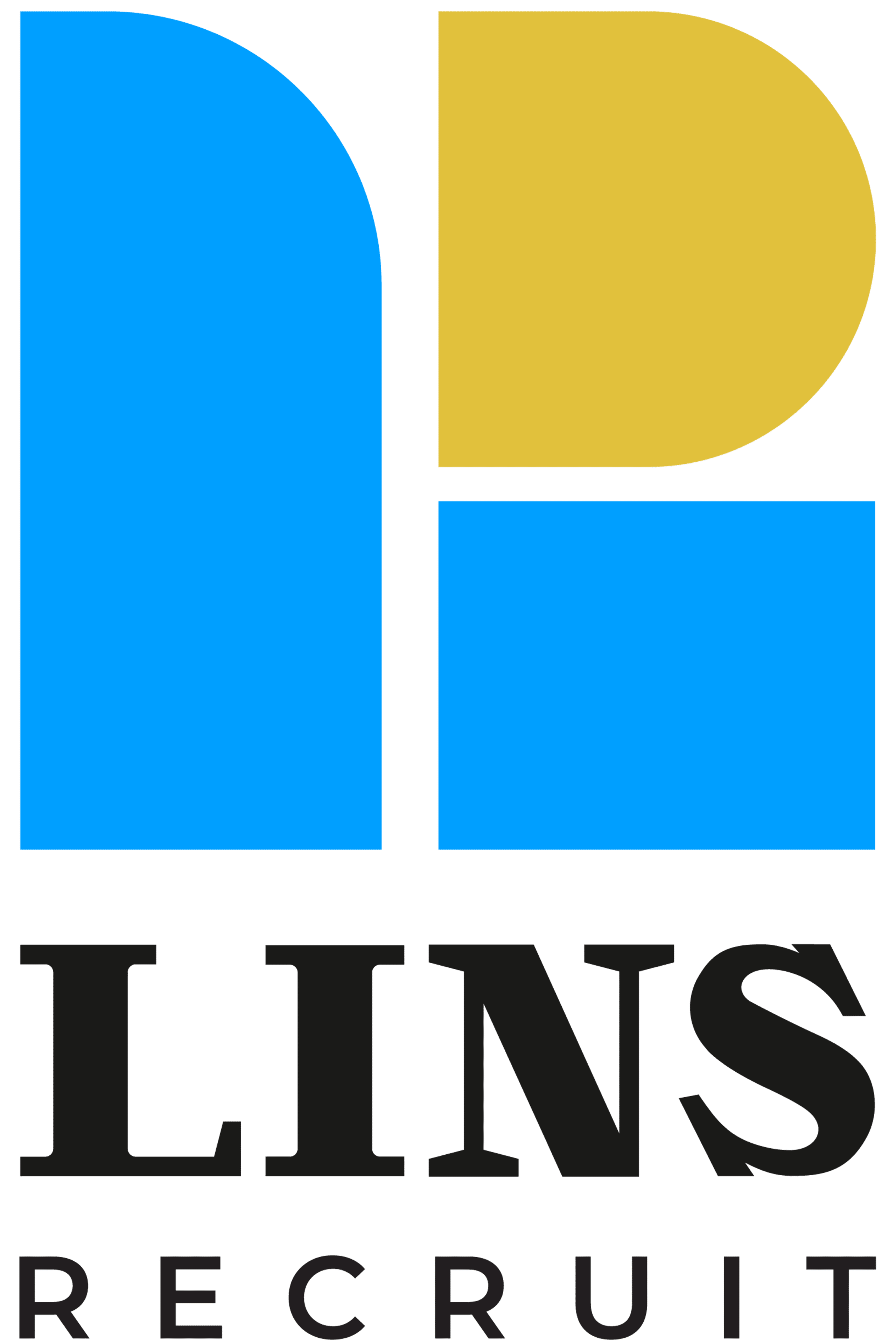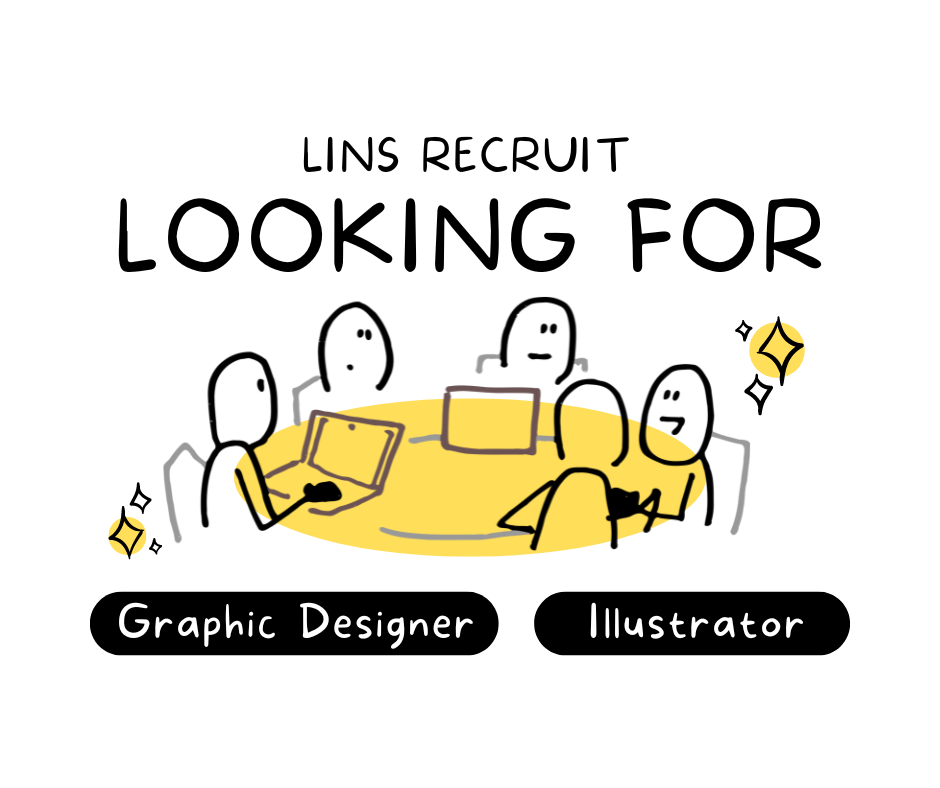Preparing for a job interview can be daunting, especially when you’re unsure about the types of questions you might face. To help you navigate this crucial stage, we’ve compiled a list of the top 10 common interview questions and provided tips on how to answer them effectively. Master these responses to boost your confidence and increase your chances of success.
1. Can You Tell Me About Yourself?
What They’re Looking For: This is your chance to make a strong first impression. Interviewers want to hear a brief summary of your professional background, key achievements, and why you’re interested in the role.
How to Answer: Keep your answer focused on your professional life. Start with a quick summary of your experience, highlight a couple of significant accomplishments, and explain how your background aligns with the job you’re applying for.Example: “I have over five years of experience in digital marketing, where I’ve managed multiple successful campaigns that increased website traffic by 30%. I’m excited about this role because it aligns perfectly with my skills and interests in data-driven marketing strategies.”
2. Why Do You Want to Work Here?
What They’re Looking For: Employers want to see that you’ve done your homework and understand the company’s mission and values.
How to Answer: Research the company before your interview. Mention specific aspects of the company’s culture, projects, or values that resonate with you and explain why you’re enthusiastic about contributing to their goals.Example: “I’m impressed by your company’s commitment to innovation and sustainability. Your recent project on renewable energy aligns with my passion for environmental issues, and I’m eager to contribute to such meaningful work.”
3. What Are Your Strengths and Weaknesses?What They’re Looking For: This question assesses your self-awareness and honesty.
How to Answer: Highlight strengths that are relevant to the job and provide specific examples. For weaknesses, choose something minor and explain how you’re actively working to improve it.Example: “One of my strengths is my ability to stay calm under pressure, which helped me successfully manage a project with a tight deadline. A weakness I’ve been addressing is my tendency to be overly detail-oriented, so I’ve been working on delegating tasks more effectively.”
4. Describe a Challenge or Conflict You’ve Faced at Work and How You Dealt With It.What They’re Looking For: Interviewers want to evaluate your problem-solving and conflict-resolution skills.
How to Answer: Use the STAR method (Situation, Task, Action, Result) to structure your response. Describe a specific instance, the actions you took to address the issue, and the positive outcome.Example:
“Situation: Our team faced a tight deadline due to an unexpected delay.
Task: I was responsible for coordinating the project.
Action: I organized a meeting to reassign tasks and implemented daily check-ins.
Result: We completed the project on time and received positive feedback from the client.”
5. Why Should We Hire You?What They’re Looking For: This question tests your ability to sell yourself and show why you’re the best fit for the role.
How to Answer: Focus on how your skills, experiences, and values make you an ideal candidate. Mention specific qualifications and relate them directly to the job description.Example: “My extensive experience in project management and my track record of leading successful initiatives make me a strong candidate for this role. I am confident that my skills in team leadership and strategic planning will help drive your projects to success.”
6. Where Do You See Yourself in Five Years?What They’re Looking For: Employers want to assess your long-term goals and determine if they align with the company’s trajectory.
How to Answer: Share your career aspirations in a way that connects to the company’s growth. Show that you’re looking for long-term growth and opportunities within the organization.Example: “In five years, I see myself in a leadership role, managing larger projects and contributing to the company’s strategic goals. I’m excited about the growth opportunities here and believe this position is a great starting point for achieving my career objectives.”
7. What Is Your Greatest Professional Achievement?What They’re Looking For: Interviewers want to hear about your past successes and how they demonstrate your value.
How to Answer: Choose a significant accomplishment relevant to the job. Use the STAR method to detail the achievement and emphasize the impact it had.Example: “My greatest achievement was leading a cross-functional team to develop a new software feature that increased user engagement by 40%. This success demonstrated my ability to drive innovation and collaborate effectively.”
8. How Do You Handle Stress and Pressure?What They’re Looking For: This question evaluates your coping mechanisms and resilience.
How to Answer: Share specific strategies you use to manage stress and provide examples of how these methods have helped you in the past.Example: “I manage stress by staying organized and prioritizing tasks. For instance, during a busy period at my previous job, I used a task management tool to break down large projects into manageable steps, which helped me stay on track and meet deadlines.”
9. What Do You Know About Our Industry?What They’re Looking For: Employers want to see that you have industry knowledge and understand current trends and challenges.
How to Answer: Demonstrate your awareness of industry trends and challenges. Mention any relevant news or developments and explain how they impact the company or role.Example: “I’m aware that the industry is moving towards more sustainable practices, and I’ve seen how companies are investing in green technologies. This trend is exciting because it aligns with my interest in sustainability, and I’m eager to contribute to your company’s efforts in this area.”
10. Do You Have Any Questions for Us?What They’re Looking For: This question assesses your interest in the role and company, as well as your preparedness.
How to Answer: Prepare thoughtful questions that show you’re engaged and interested in the company. Ask about team dynamics, company culture, or future projects.Example: “Can you tell me more about the team I would be working with and how this role contributes to the company’s overall objectives? Additionally, what are the next steps in the hiring process?”
Conclusion
Approaching these common interview questions with preparation and confidence will help you make a strong impression. Tailor your responses to reflect your skills and experiences while aligning them with the company’s values and goals. Remember, the key to a successful interview is not just having the right answers but also demonstrating genuine interest and enthusiasm for the role.





